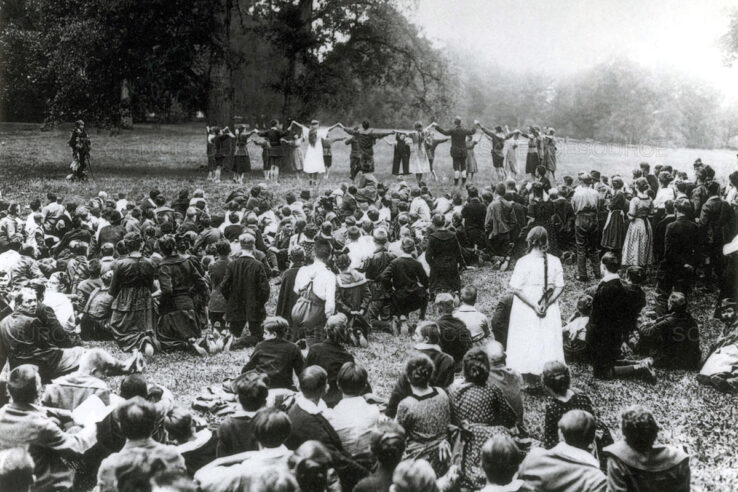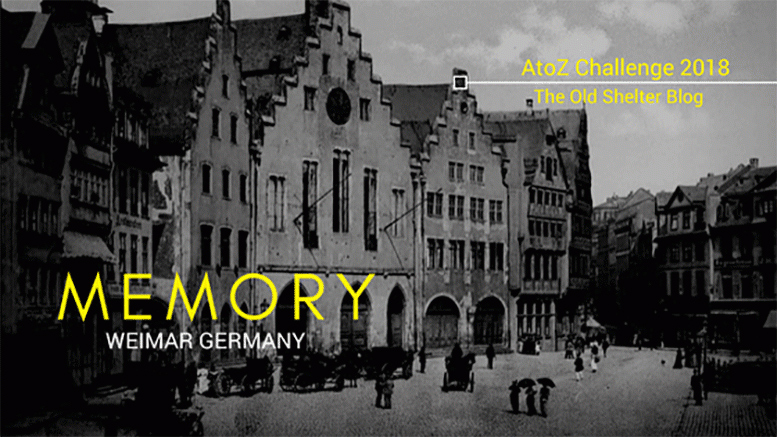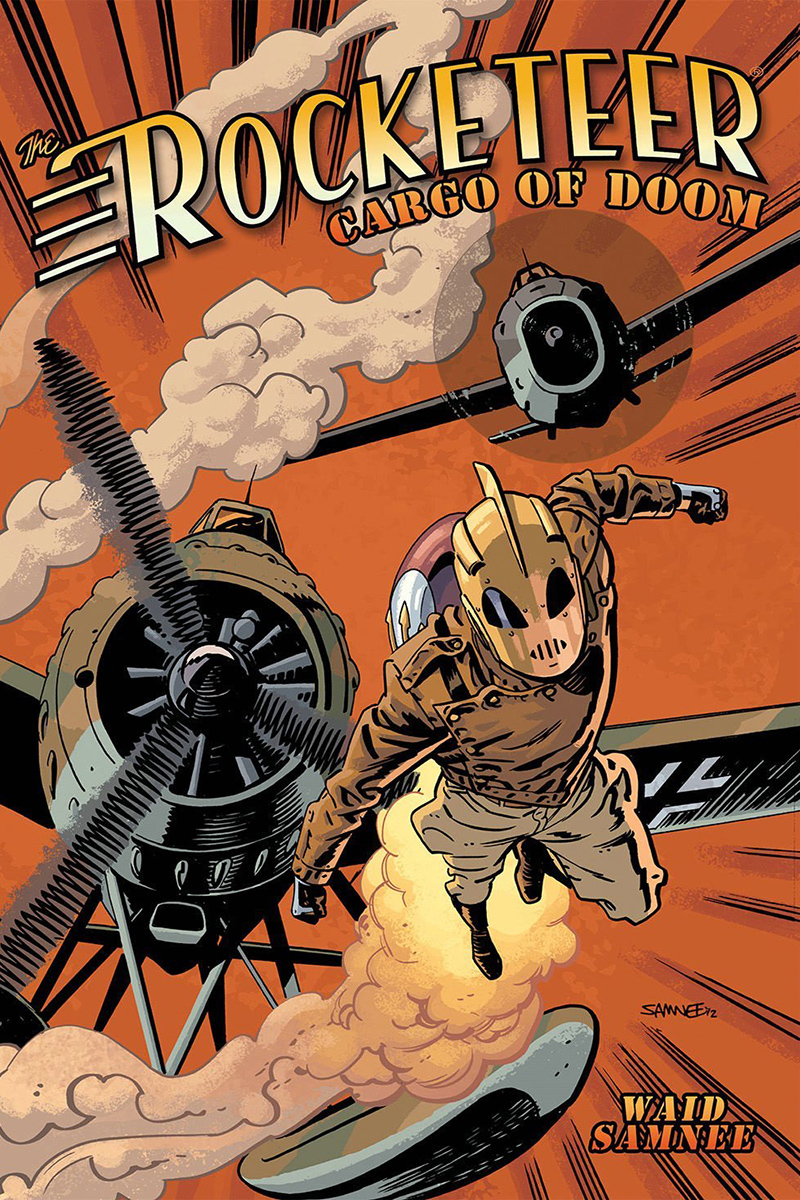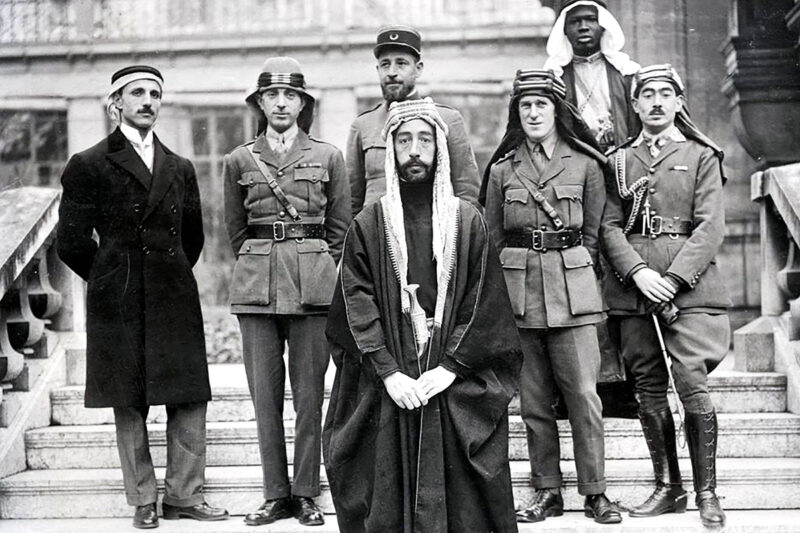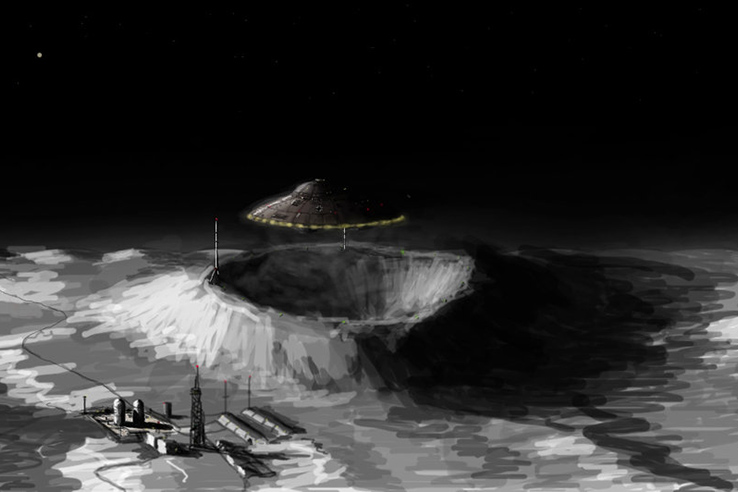Life in the Weimar Republic, and more prominently in Berlin, seemed to be fast moving toward the future. Avant-garde movements of every kind were almost the norm. Social mores were evolving toward equality (between men and women, between minorities and the German population at large) and new ideas were quick to take root, then change once more.
World War I had been a dramatic caesura with the past. Young people no longer recognized the values and ways of life of their parents. They were reckless and ready to adopt new values and lifestyles.
But this picture, while true, might be misleading. Life in Berlin and a few other big cities was fast and furious, but the rest of the country was far slower to catch up. In large areas of the nation, people were far less receptive of change when they were not outright against it.
Besides, even in the big cities, “memory” was still a strong ideal. The strict Wilhelmine values and ways of life were still appreciated and followed. The modernistic art movements, the new behaviors of the youth, not to mention the shockingly free attitude of the new woman — all of this was destroying everything good and German and was therefore considered unpatriotic. The old values had led Germany to her greatness before the war. Those values would bring her back to prominence. This was certainly one of the great advantages the right had on the left: while the left tried to create a new, unknown future, the right was calling for a return to something people knew all too well.
The Völkisch movement
The intellectual base of the Völkisch movement arose from Romanticism, a way of life and thinking that had been hugely prominent in Europe in the 1800s, and particularly in Germany, where it was born. Just like Romanticism, the Völkisch philosophy advocated a return to the traditional values of the past, which were considered more wholesome and positive. They favored the irrational and emotional as well as direct contact with the landscape and the soil.
To the Völkisch movement, rural rootedness was the hart of the people (Das Volk). Being in connection to the land and the traditions connected to the land was the heart of any project of life. The movement theorized an almost mystical connection between rural people, their tradition and the land. It therefore rejected everything else as decadent and evil, foremost the city and the alienation it created, which was a consequence of losing contact with the land.
It’s no surprise then that many right-wing forces were also strongly völkisch, since völkisch ideals were quite clearly apt at supporting hard nationalism, as indeed they did. The Völkisch movement, on its part, gladly supported many right-wing nationalistic parties.
Völkisch ideals were often used in support of antisemitism. Having no roots, in the völkisch thought, meant to be deprived of an essential life force. To them, Jews were a restless people who didn’t occupy any specific territory — and were therefore rootless — and mostly lived in the soulless cities. In short, they seemed to incarnate everything which was bad and unpatriotic in the eyes of the Völkisch movement.
This story was originally published at The Old Shelter as part of an A-to-Z challenge about the history of Weimar Germany, April 14, 2018.

